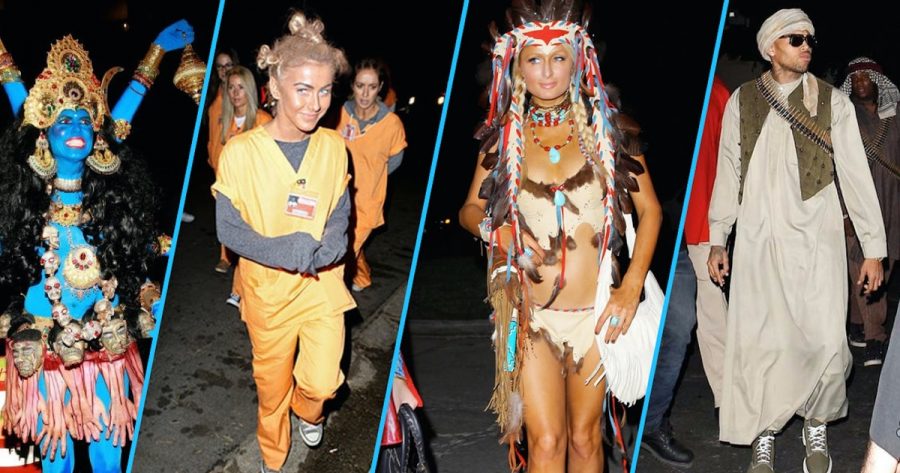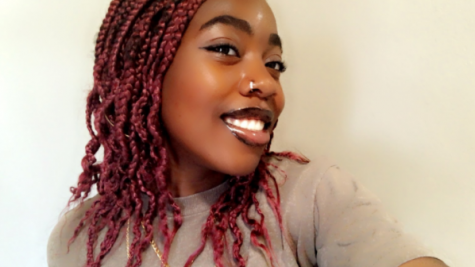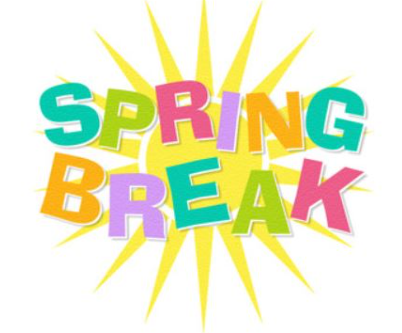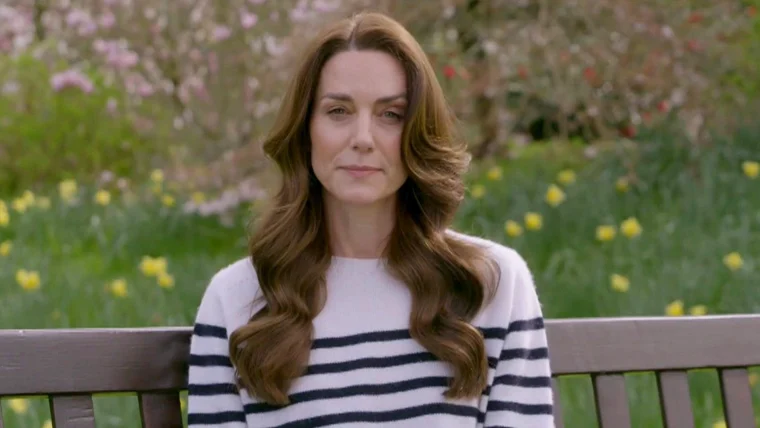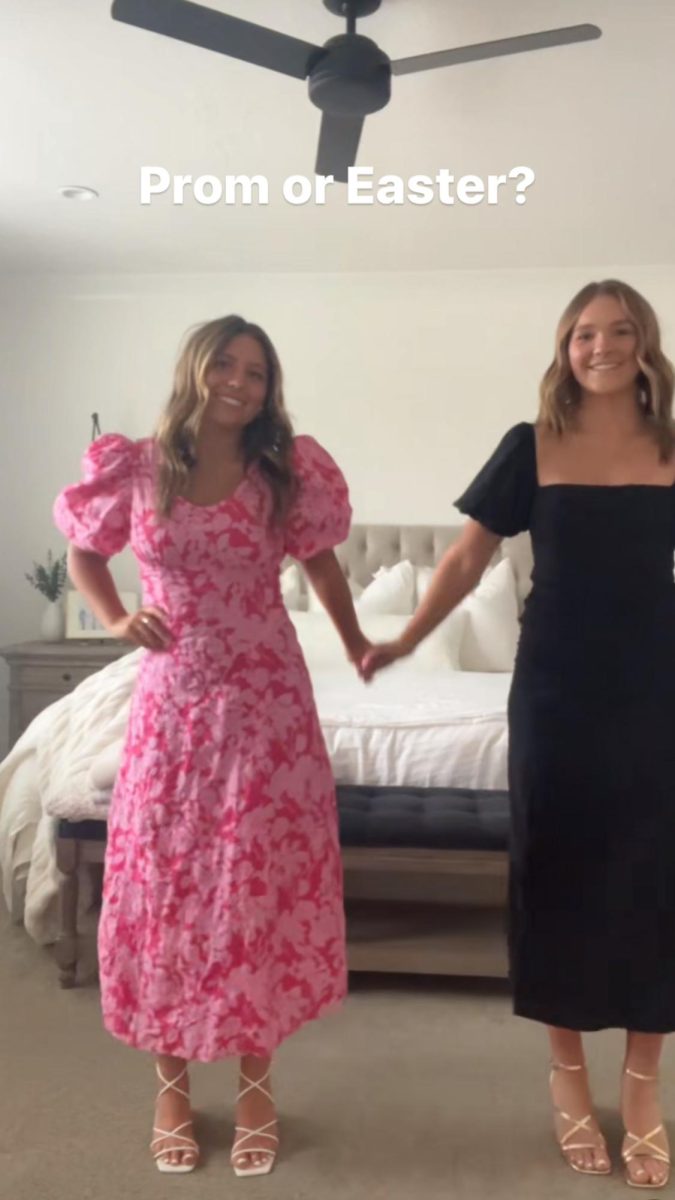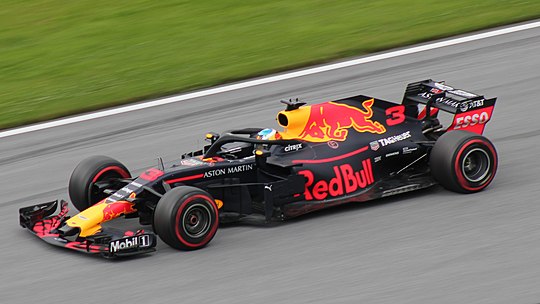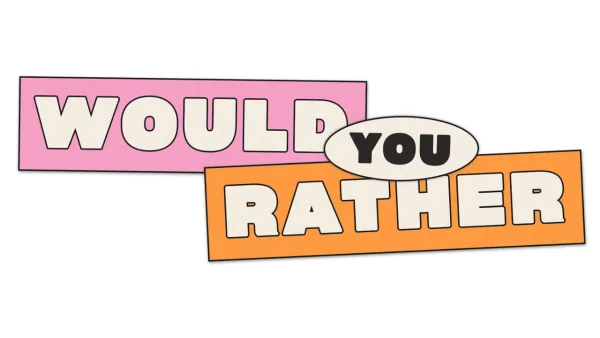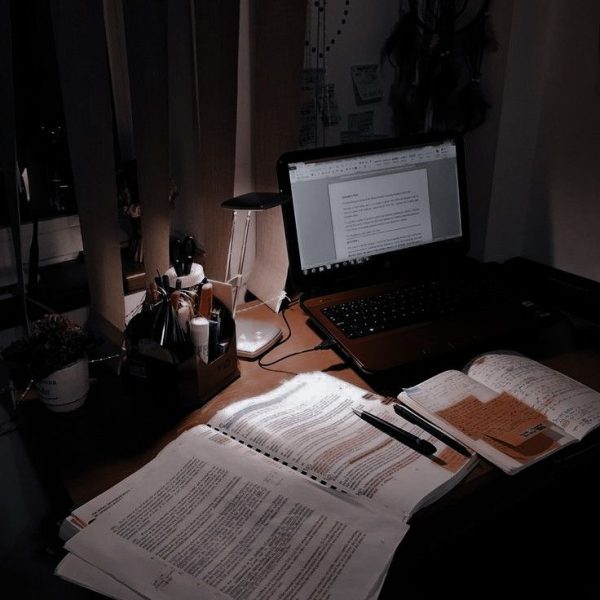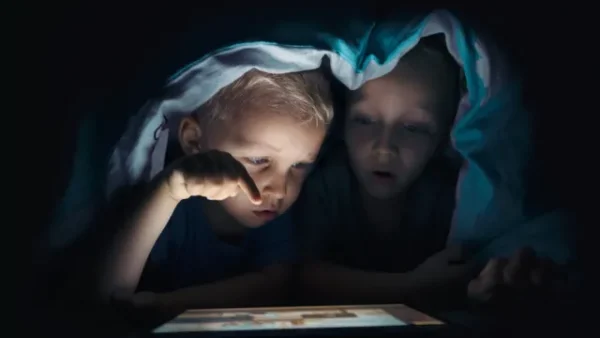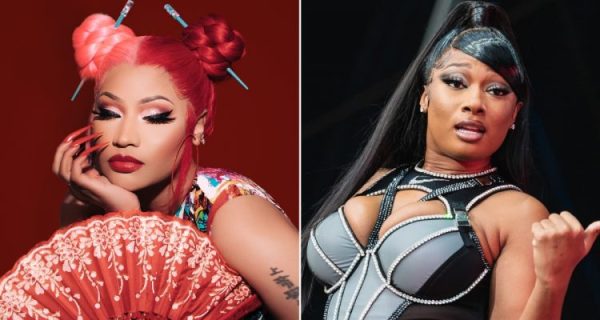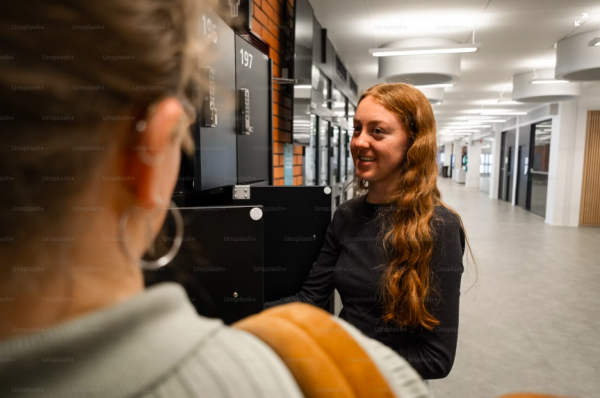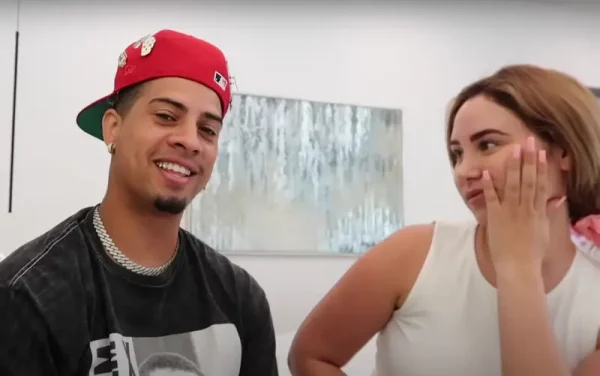Appropriation Or Appreciation???
October 25, 2021
Halloween is quickly approaching, and you can probably guess what that means…. no, not a lot of candy. It’s also the time of year when people of color and Indigenous people must remind partygoers that their cultures aren’t costumes. People buy and wear costumes that allow them to transform into someone else, even if only for a night. For some, it’s 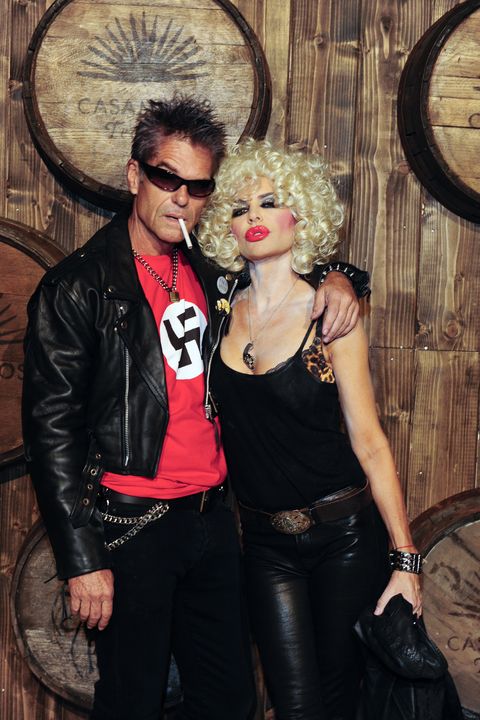 an exciting time to imagine a new reality. Others, on the other hand, find it excruciating. Costumes that are stereotype-like and incorporate characteristics of a person’s cultural identity can be demeaning. It is an example of cultural appropriation.
an exciting time to imagine a new reality. Others, on the other hand, find it excruciating. Costumes that are stereotype-like and incorporate characteristics of a person’s cultural identity can be demeaning. It is an example of cultural appropriation.
What is the definition of cultural appropriation?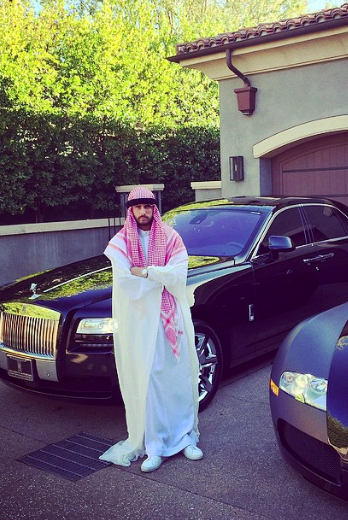
Simply explained, cultural appropriation is the act of putting on pieces of a culture to which you are not a member. The cultural appropriation includes the use of sugar skull makeup, as well as “sexy native,” geisha, Bollywood, and “gypsy” outfits. Cultural appropriation also includes blackface, brownface, and yellowface—that is, applying cosmetics to make your skin appear black, brown, or Asian.
What exactly is cultural co-optation?
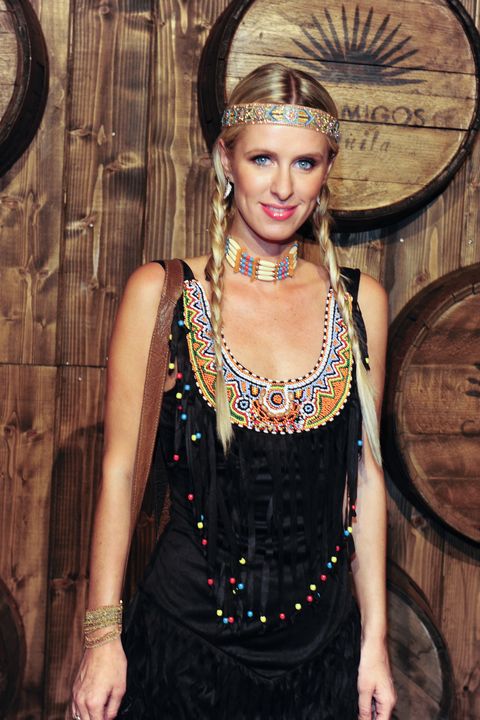 Cultural co-optation is the procedure of appropriating something from another culture in a way that appeals to you without regard for the item’s cultural importance, historical context, or power imbalances. Wearing a Native American headdress because it looks ¨cool¨ is an instance. Headdresses are only worn by people who have earned the right to wear them by upholding and embodying specific cultural values in the American Indian Nations that use them. Wearing a headpiece is not an everyday occurrence. It’s a multifaceted gesture of community, religious, and political significance.
Cultural co-optation is the procedure of appropriating something from another culture in a way that appeals to you without regard for the item’s cultural importance, historical context, or power imbalances. Wearing a Native American headdress because it looks ¨cool¨ is an instance. Headdresses are only worn by people who have earned the right to wear them by upholding and embodying specific cultural values in the American Indian Nations that use them. Wearing a headpiece is not an everyday occurrence. It’s a multifaceted gesture of community, religious, and political significance.
Wearing headdresses and moccasins to imitate Native American culture is a common choice. Some people even pretend to be Pocahontas, yet it is rude to imitate a culture that has long been suppressed. According to Citizen Potawatomi Nation, Native Americans were chastised in the 1800s for wearing or using culturally significant artifacts.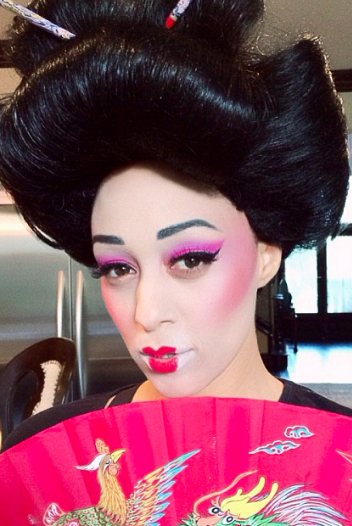 When people copy Indigenous culture for a Halloween costume, they devalue and demean the persecution that this community confronts.
When people copy Indigenous culture for a Halloween costume, they devalue and demean the persecution that this community confronts.
What factors should you take into account when choosing a costume?
It’s important to think about the colonialist and oppressive past that some costumes may have. In cultural representations, the reality of lived oppression and injustice is important. Do your research. Even though this year’s “Halloweekends” will definitely be less chaotic than they would be without a global epidemic, it is critical to be culturally aware of your costume ideas as everyone considers who they would like to be. Recognize the historical context of your actions. Check to see whether you’re appropriating or co-opting something that isn’t yours.
Check your privilege.
If you’re reading this and thinking to yourself, “But it’s just a costume,” think about why you believe that. It’s unlikely that your culture and/or identity has been trivialized, insulted, or dismissed as “funny” or “frightening” in the past or present. It may be thought of as “just a joke,” but it comes at the expense of people’s safety and security. Oppression isn’t merely sustained by highly visible, aggressive, and physically violent attacks. Denial of rights, stereotyping, and the dehumanization of people through “jokes” and stereotypes are also causing these problems.
Take this into consideration when deciding how to interact with another cultural outfit or relic.
- Is this outfit reinforcing prejudices, especially racial stereotypes?
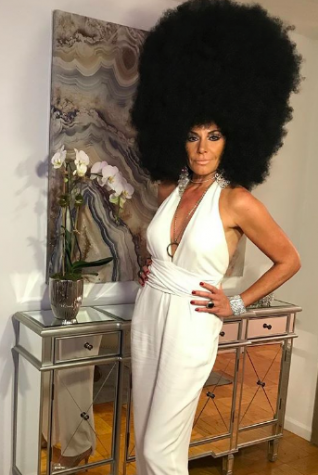
- Is it centered around a primitive image of a group of people?
- Is there any race-related hair or accessories (dreadlocks/locs, afros, cornrows, a headdress) in the costume
- Is there a history here that influences how people around me react to what I’m wearing?
- Is this attire representative of a culture apart from my own?
- Is there anything about the style of life represented by this costume that I wouldn’t want to live with every day?
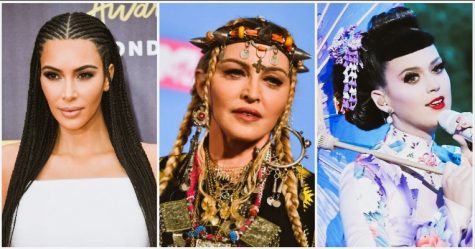
So, as you go trick-or-treating in your costumes this Sunday, remember to be socially aware. You wouldn’t want someone making a costume out of your real life.

